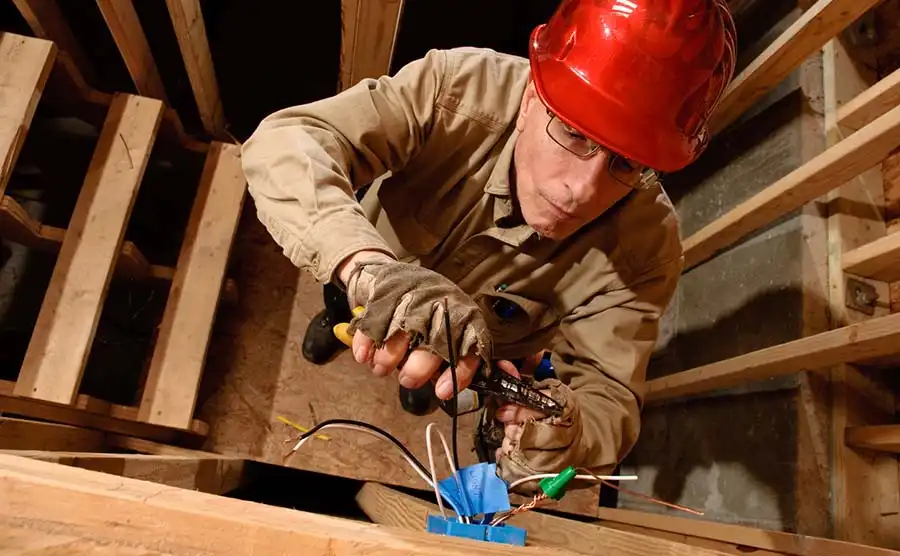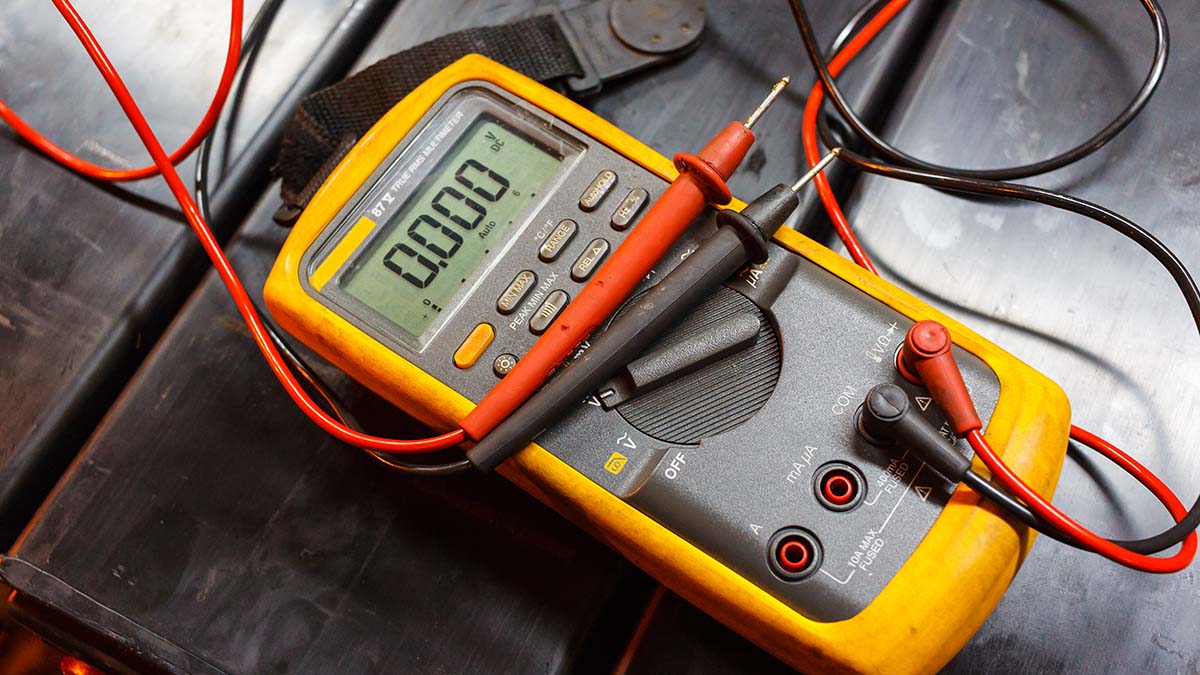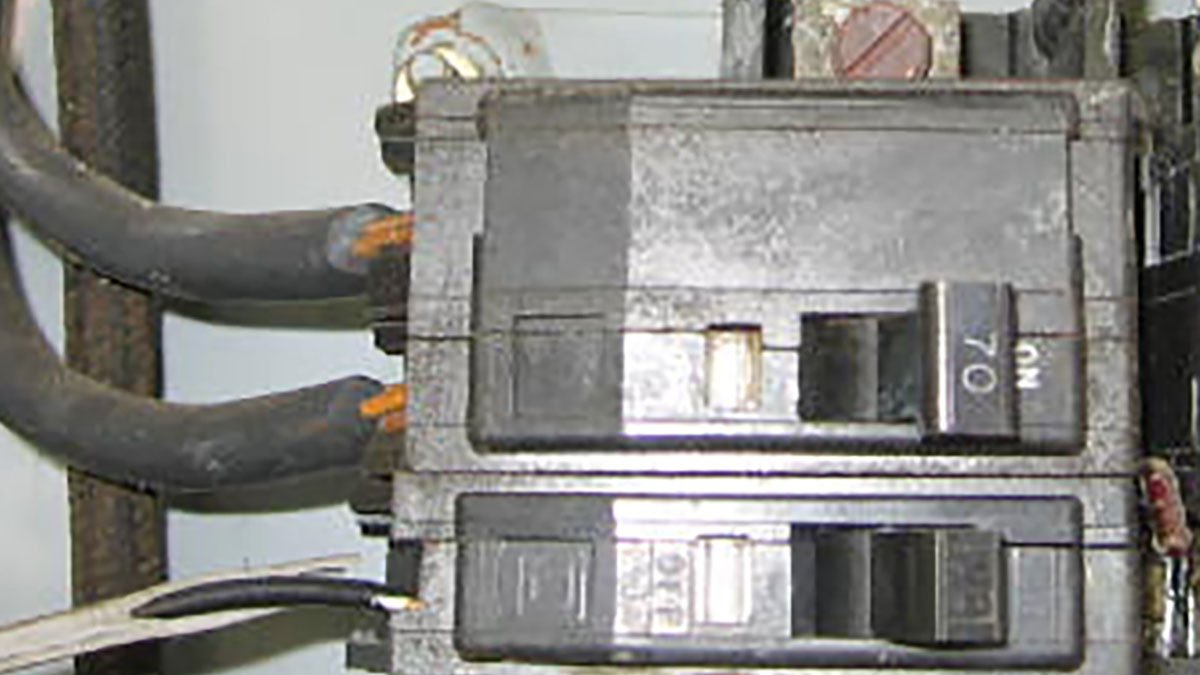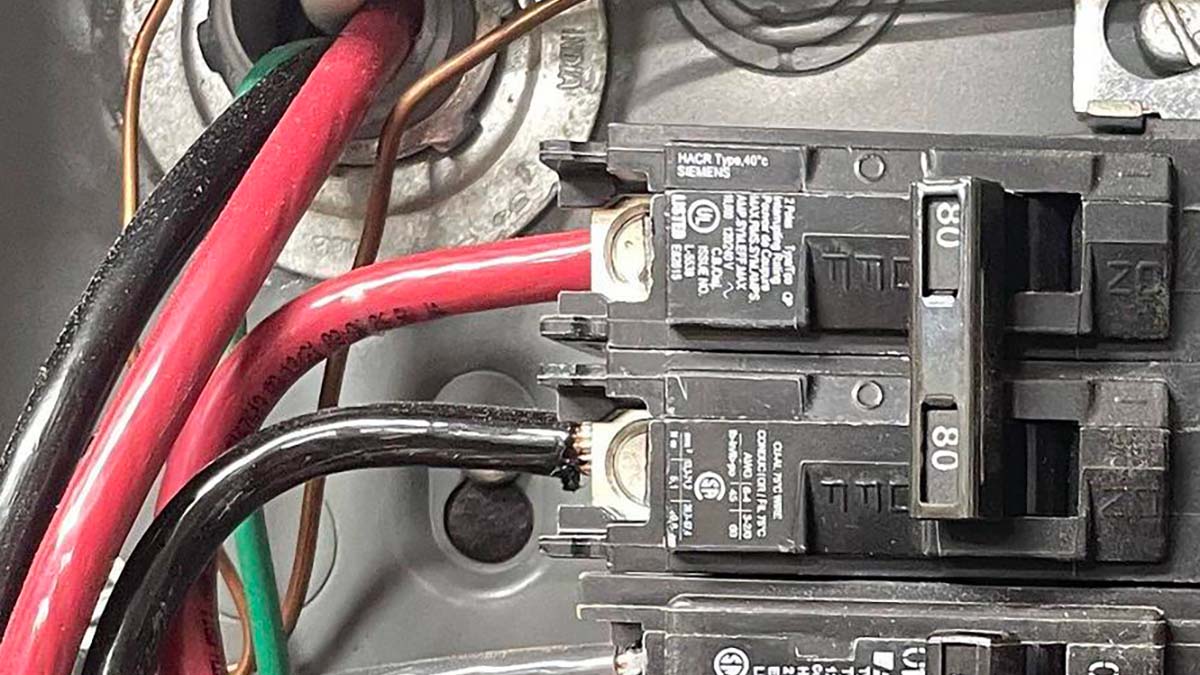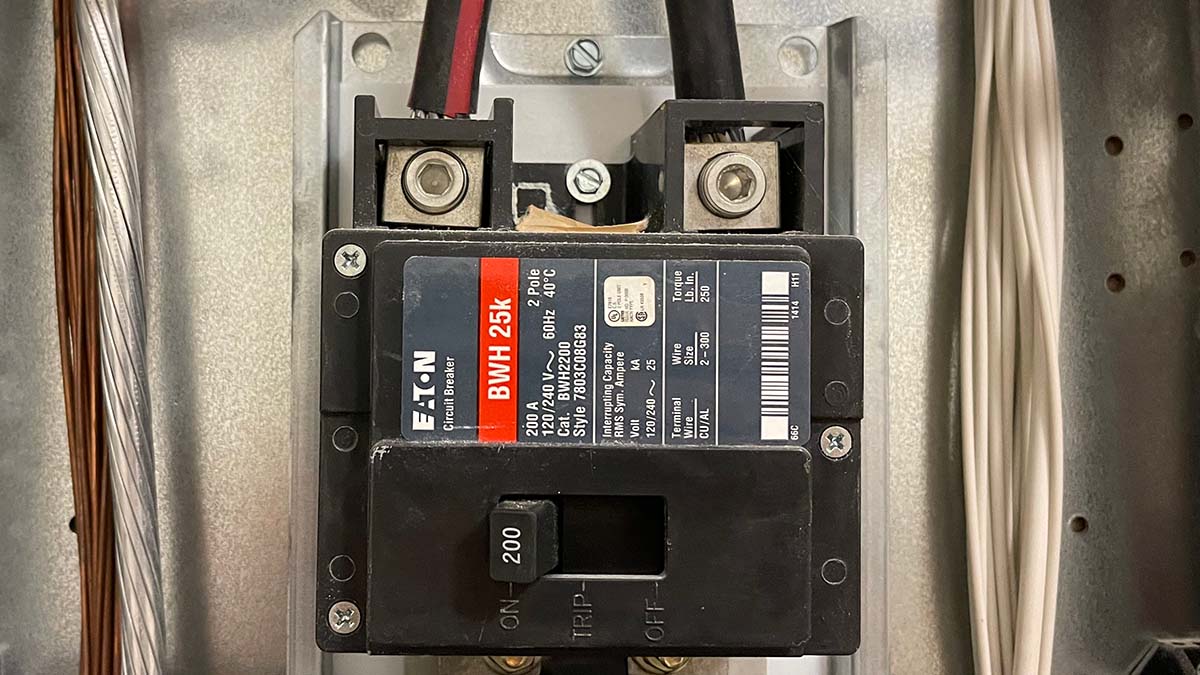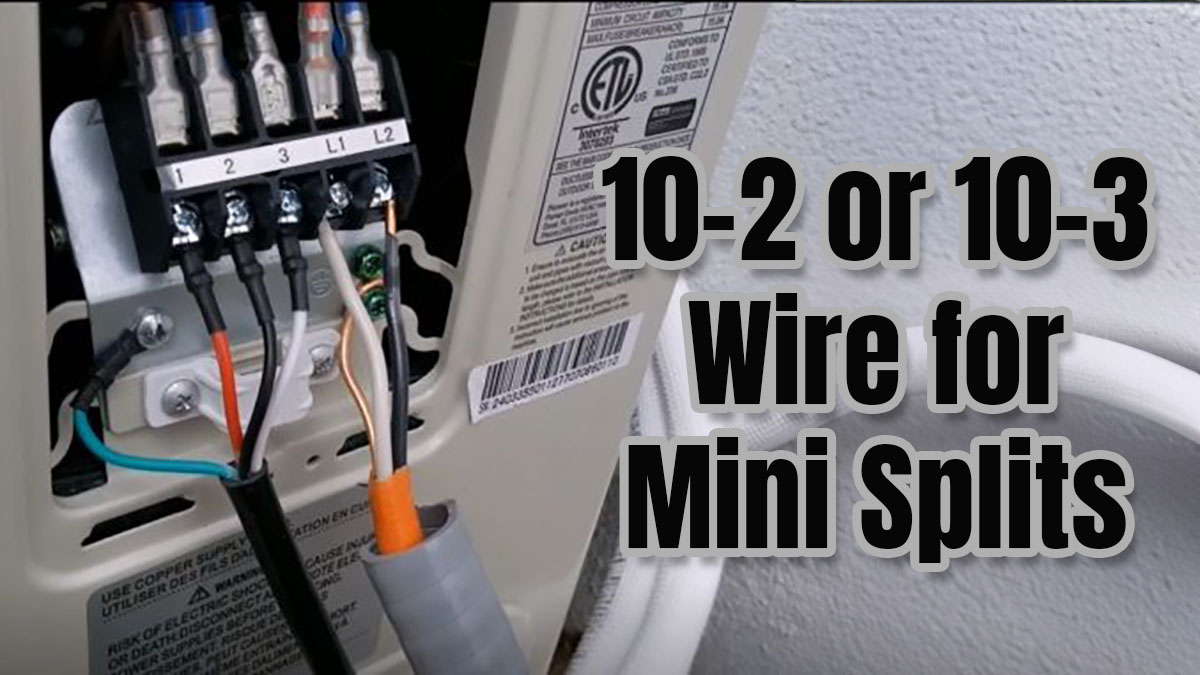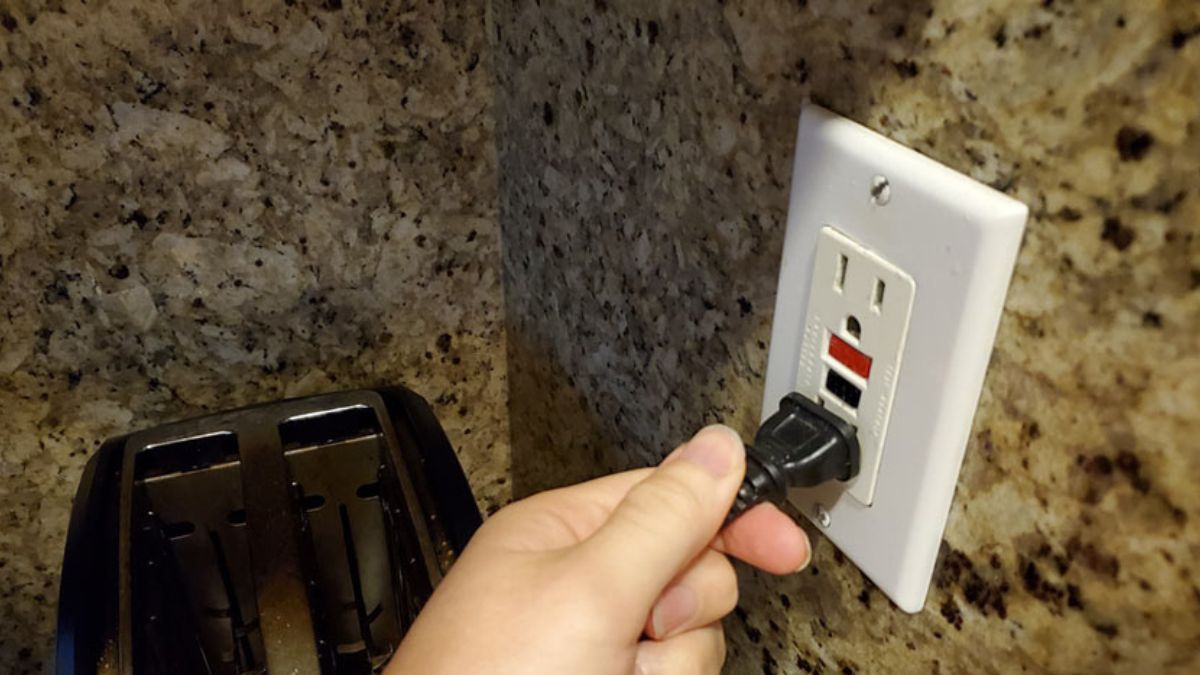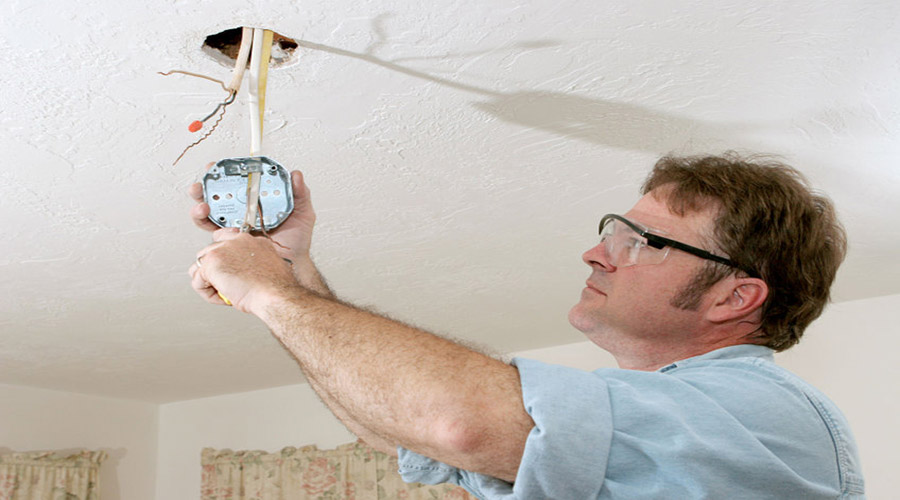
Electricity is the lifeblood of our homes, affecting everything from the ceiling fan to the coffee maker. It keeps our appliances running, enables us to have internet so we can work from home or watch movies, and in today’s smart age, it keeps our homes and families safe.
Whether you notice your lights are flickering or want to install new lighting, your first thought might be about how much electricians charge.
Electricians charge anywhere between $50 to $150 per hour. There may also be an additional service fee of $35 to $100 to come out and evaluate the scope of work. The electrician may give a flat fee versus an hourly rate depending on the work needed. The overall cost for an electrician’s services will depend on the amount of travel involved, obtaining supplies, the job’s complexity, any overhead expenses, estimated completion time, and if the job is an emergency.
Get FREE estimates from licensed electricians in your area today. Whether you need to replace an outlet, hang a ceiling fan, a new electrical panel, or repair wiring, We Can Help!
The thought of hiring an electrician may seem overwhelming. Before you decide to do the work yourself, this article will help you find the right electrician and how to be prepared for the bill.
What Do Most Electricians Charge Per Hour?
Most electricians will charge an hourly fee of $50 to $150 per hour. If the job requires a Master electrician, the amount per hour will be higher. If the work needed is simple, the price could be a flat fee. Most electricians will also charge a service fee to come out and evaluate the work you need to have done.
Paying $50 to $100 per hour may seem like a lot, but this hourly fee includes overhead, equipment costs, insurance, and licensing. Other factors that will affect the final amount of your bill include:
- Travel Time: This includes travel to and from home and any supply stores.
- Accessibility: Is this a straightforward project or a complex one? Are you swapping out light fixtures, or do you need to update old wiring throughout your home?
- Experience: Is the work simple enough for an Apprentice, or do you need a Master Electrician?
- Apprentice: This is the first step to becoming an electrician. An apprentice works alongside a licensed electrician, doing basic work such as replacing outlets, installing light fixtures, and assisting the Journeyman on more complex issues. An apprenticeship usually takes about four years and often includes many hours of on-the-job and in-class experience. The average hourly rate is $40 – $50.
- Journeyman Electrician: Has completed four years of apprenticeship, attended a technical school and passed the Electric Journeyman exam. They can apply for their license and work without supervision on all levels of projects. The average hourly rate is $50 – $70.
- Master Electrician: This is the highest level of electrical certification available. A Master Electrician has worked for at least two years as a journeyman and passed the Master Electrician exam. The hour requirement will vary depending on the needs in your state. The average hourly rate is $100 – $120.
- Emergency Call: If you need an emergency repair after regular working hours, on the weekend, or holiday, you will most likely end up paying anywhere from time-and-a-half to double the hourly rate, in addition to charges for travel time and rush supplies.
- Location: Rates per hour vary from region to region. Be sure to check online to see what rates are in your area. (For example, hourly rates in New York will be higher than rates in Tennessee.)
- Permitting: Depending on the size and amount of work involved, your area may require special permits.
How Do You Estimate An Electrical Job?
Some electricians will have an electrical services list on their website. Here is a simple breakdown of what you could expect to pay for some electrical services.*
| JOB | PER HOUR | ADDITIONAL CHARGES |
|---|---|---|
| Installing a Ceiling Fan | $150 – $350 | The price for a fan is extra. If installing a ceiling fan in a new location or where only a light fixture was, additional reinforcements may need to be installed to support the weight of the fan. You may require additional wiring if you choose a dual or three-way switch. |
| Installing a New Outlet | $120 – $200 | Price will vary for indoor outlets versus outdoor outlets. Installing an outlet where no outlet currently exists will require cutting a new opening in the wall, fishing new cable to the power source, installing a new wall box, making new connections, and replacing the drywall. |
| Installing Light Fixtures | $135 – $450 | Price for fixtures and extra wiring, if changing to a three-way switch. |
| Upgrading an Electrical Panel | $800 – $4,000 | Costs will vary depending on the amps your home needs and if a larger breaker box is needed. |
| Installing a Home Generator | $3,000 – $11,000 | Price varies depending on the generator size, the complexity of the installation, site preparation, concrete pad construction, and permits. |
| Installing a Smart Home Device or Home Automation | $100 – $12,000 | Price varies depending on the size of your home and the package you go with – Home Entertainment, Home Comfort, or Security. |
| Installing an Electric Car Charging Station | $450 – $3,000 | Price varies depending on which electric vehicle supply equipment (EVSE) you use – plug-in style or direct wire, and if a new breaker box is needed. A Level 2 charging station can be mounted and hardwired to your home. If you chose a bollard-style charger or a charger that You can install in a carport or detached garage, wires would need to be run from your home to the charger underground. This kind of electrical work will require special permits. |
*These prices are not absolute, only estimates. Actual prices will vary depending on where you live and the scope of work.
When you hire an electrician, you will most likely have an Apprentice or a Journeyman come to your home. If you have an exceptionally complex job, you must employ a Master Electrician.
Regardless of the work you need to have done, you can save some money. Here are five ways.
- Call for a quote. Call several electricians in your area and compare their prices for your job.
- Don’t be tempted by the unrealistically low price. While it may be tempting to go with the lowest of low prices, remember the adage, “If it seems too good to be true, it probably is.” If an electrician is offering a super low price, it could mean he is cutting corners or is not adequately insured. In the end, hiring a professional electrician to come out and redo the work will cost you more money.
- Combine repairs. Combining several jobs will ensure a better price since you will not be paying for several by-the-hour visits. If you do this, let the electrician know before he arrives. Electricians are busy and are rarely able to take additional requests once they arrive at your home.
- Purchase your appliances and fixtures yourself. For simple installs, such as a ceiling fan or light fixture, purchasing your fixture will ensure that you get what you want and save you money. For larger, more expensive items, your electrician may get a bulk discount, which would be more cost-effective for the electrician to purchase.
- Make sure the work area is clean. By making sure the work area is clean, you are saving yourself money since your electrician will not be spending the first hour on the job cleaning, covering, or moving furniture. You will also be helping to ensure the electrician’s safety.
How Do I Find A Reputable Electrician?
Finding a reputable electrician should not be taken lightly and will require some investigative work. You want to ensure the person you allow into your home is who they say they are and qualified to do the job. You can always ask your friends who they use, or you can do an internet search and read reviews from your neighbors. Here are six questions you can ask your prospective electrician:
- How much do you charge for a consultation fee? Most electricians will charge a flat fee to come out and evaluate the work you would like done. This fee is often less than what they charge per hour, but you don’t want to be surprised by this bill when you are building your budget.
- How much do you charge per hour? Most electricians charge between $50 and $150 an hour. This price will vary depending on where you live, the travel time it takes the electrician, the job’s complexity, what supplies are needed, and how experienced the electrician is. The electrician’s time is valuable, so if you are not there for the scheduled appointment, you will likely be billed for compensation for your time and travel.
- Are you licensed and insured? An electrician licensed and insured has undergone adequate training, has the experience needed, and has met your state’s requirements. Being insured protects you, and the electrician should an accident occur from faulty wiring or other unforeseen accident. You can use online resources such as the Better Business Bureau or your local contractor site to verify the electrician’s status. The best thing to know for sure is by simply asking the electrician. A reputable contractor should have no issues producing a valid license and insurance certificate upon request.
- What experience do you have? There are varying levels of experience, from an Apprentice to a Master electrician. A Journeyman has the knowledge and skill to accomplish most electrical tasks but will not be able to pull permits for more involved projects. A Master electrician will be able to pull permits.
- How long will the project take? While there is always the possibility of an unexpected issue arising during the work, the electrician should have a general idea of how long the project will take.
- Do you offer warranties or guarantees for your work? A reputable electrician will stand behind their work and the materials used. Be sure to ask how long the warranty/guarantee is good for.
Only hire an electrician that can answer these questions to your satisfaction. Hiring a qualified electrician will affect your home’s safety and peace of mind.
Do I Need To Hire An Electrician?
After reading what is involved in hiring an electrician, maybe you are considering doing the work yourself. There is no shortage of instructional videos on Google and YouTube. Watching these videos may have given you the confidence boost needed to tackle the backsplash in your kitchen or build a bed out of pallets. But when it comes to dealing with electricity, it is best to leave that to the professionals. Here are five reasons why it is best to hire an electrician.
- Safety. Working with electricity is extremely dangerous. Professional electricians follow safety procedures to ensure the situation is as safe as possible. They will also know how to troubleshoot any electrical issues you may be having safely.
- Experience. Experience saves lives, not to mention time and money. Doing electrical work on your own could create more problems. No matter how many tutorial videos you watch, you’re still not an experienced electrician.
- Saves You Money. Improperly installing anything that involves electricity poses a serious fire threat. Most homeowners’ insurance will not cover fire damages if it is learned the electrical work was not performed by a professional. Even if the work doesn’t result in a fire, having a professional come out and fix what was incorrectly installed will cost more.
- Peace of Mind. Knowing an expert with years of training in handling electrical work will help you sleep sounder at night.
A licensed electrician will give you the updated kitchen you’ve always wanted or make your home safer with new wiring. Let the professionals work for you, so you don’t have to stop your busy life. Enjoy the fruits of their labor. Support your local electrician!
Get FREE estimates from licensed electricians in your area today. Whether you need to replace an outlet, hang a ceiling fan, a new electrical panel, or repair wiring, We Can Help!


